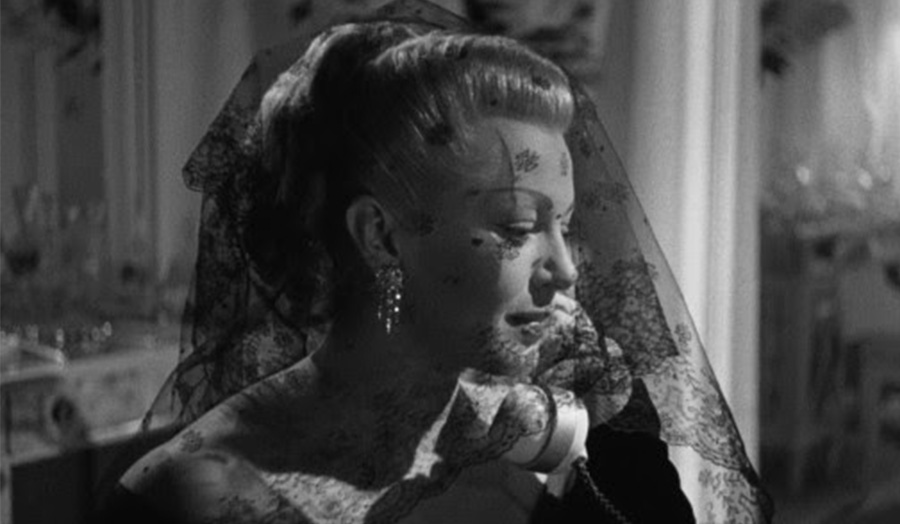This three-year interdisciplinary project is led by Professor Karen McNally, Professor of American Film, Television and Cultural History in the School of Computing and Digital Media and funded by a Leverhulme Trust Major Research Fellowship.
The research will produce the first historical biography of the major Hollywood star Lana Turner framed by a broader study of the experience of female stardom that expands and revises Hollywood history.

Image: Publicity shot from The Bad and the Beautiful (MGM, 1952)
Project Lead
This project is funded by a Leverhulme Trust Major Research Fellowship (2024-2027)
More information
Lana Turner’s publicity-spun tale of discovery at Schwab’s Sunset Boulevard drugstore and her later status as a cultural muse signal the symbolic meaning this star carried far beyond Hollywood. The culturally significant films in which Turner starred and performances that repeatedly garnered reviews celebrating her skills as a dramatic actress make up a career that surpassed most of the female stars of her generation.
Yet since Turner’s death in 1995, public interest in the star has rested alone on the ‘scandal’ of the death in April 1958 of her abusive boyfriend, mob associate Johnny Stompanato, killed by Turner’s daughter in defence of her mother. No career biography of Turner has been published for over fifty years, and limited analysis has drawn uncritically on press depictions of the star during the inquest that suggested a ‘performance’ on the stand that surpassed those on the screen.
The suggestion of gendered performance, deception and artificiality has induced the undervaluation of Turner as an actress, leaving her to be viewed as a passive and artificial construction of stardom, as if performing aspects of her own life on screen. This is in stark contrast to her history of active, varied and often unattributed creative work.
Turner’s wider significance lies, moreover, in her lived experience of female stardom and exposure to the industrial structures and wider relationships that have impacted women in ways that are still to be addressed in film history.
There are huge gaps in our knowledge of Turner’s body of work across film, television, stage, autobiography and associated press and industry events which this project aims to recover. Addressing these gaps, the industrial and cultural importance of Turner’s work, and the often unacknowledged artistry of various aspects of her career is central to the research.
Hollywood’s history of widespread sexual abuse and its persistence has been exposed through the #metoo movement, but this research will pursue connections between the industry’s structured inequalities and the normalization of abusive practices that functioned in much more expansive ways than has been considered historically and in the contemporary space.
More broadly, the research seeks to outline the power of the structures themselves by considering the experiences of Turner and other female stars in the context of relationships between the Hollywood studios, government agencies, the press and organized crime, and of industrial and cultural change.
In emphasizing the specificity of the experience of female stardom, the project aims to renew approaches to film and television history by placing women at its centre as active artists and viewing their experiences and artistry through a female lens.
This interdisciplinary three-year project (September 2024 – September 2027) will be making use of a broad range of archival and digital research spanning Lana Turner’s career, America’s entertainment industries, various government agencies, the press and US culture across the 20th century, as well as interviews with relevant industry personnel. Turner’s career alongside the intersecting careers of other female stars will be the focus of analysis within this framework.
The project’s research is working towards the publication of a major historical biography of Lana Turner. Conference papers and peer-reviewed articles will be additional outputs.
The project is led by Professor Karen McNally whose expertise is centred on Hollywood cinema, American television and US history and culture more broadly. She has published extensively on stardom including studies of Frank Sinatra, Montgomery Clift, the Nicholas Brothers and stardom films, and is particularly concerned with issues of gender, race and American identity. Professor McNally’s most recent books are American Television during a Television Presidency and The Stardom Film, and her volume on female narratives of inequality and abuse in Hollywood is forthcoming with University of Illinois Press.


